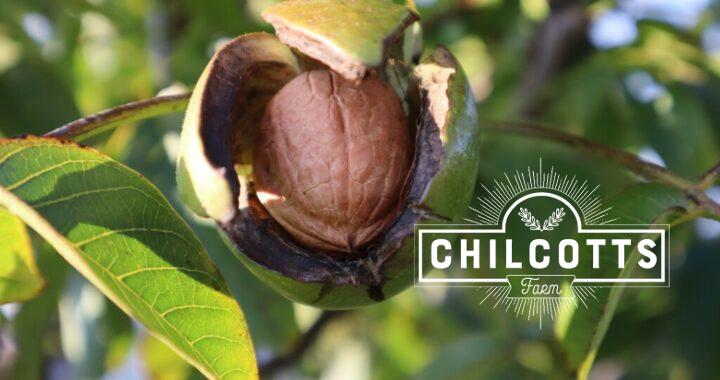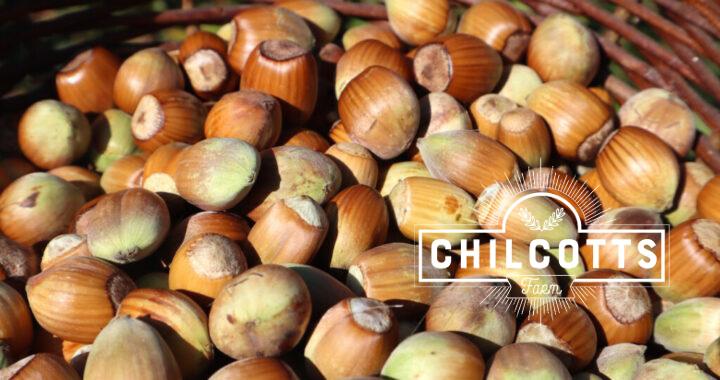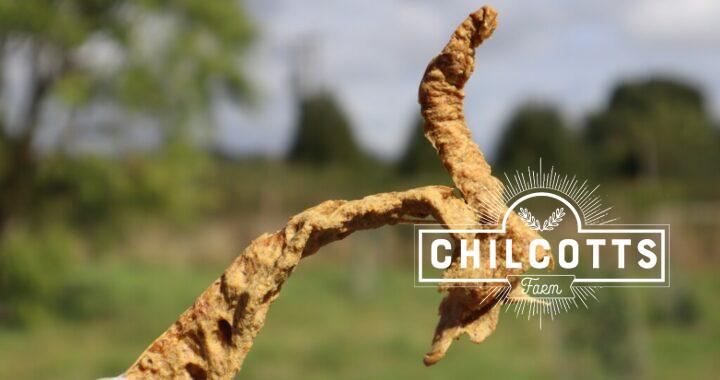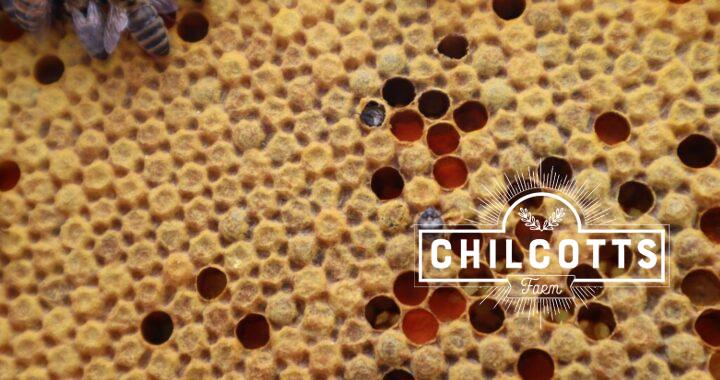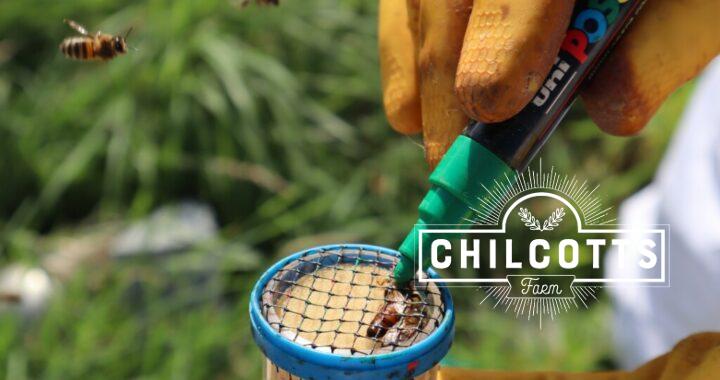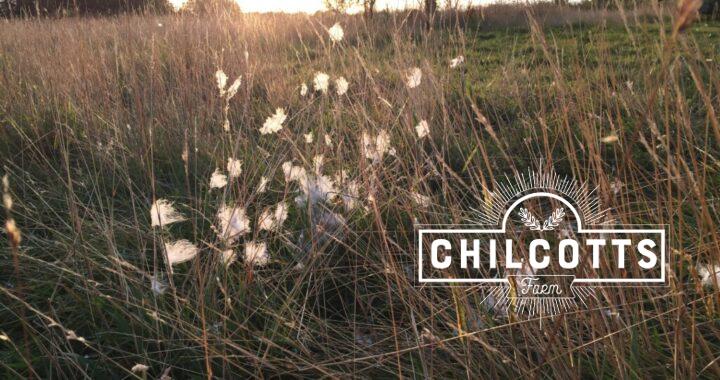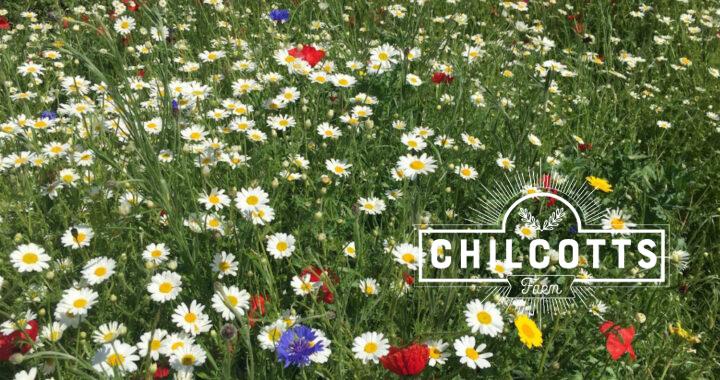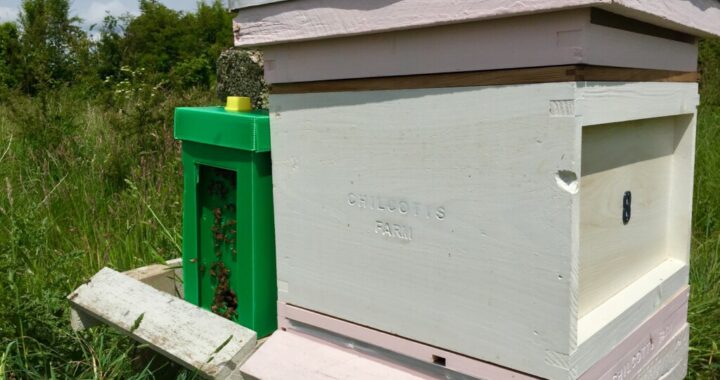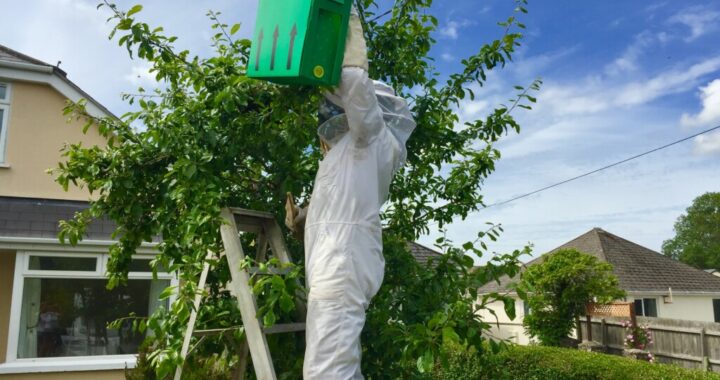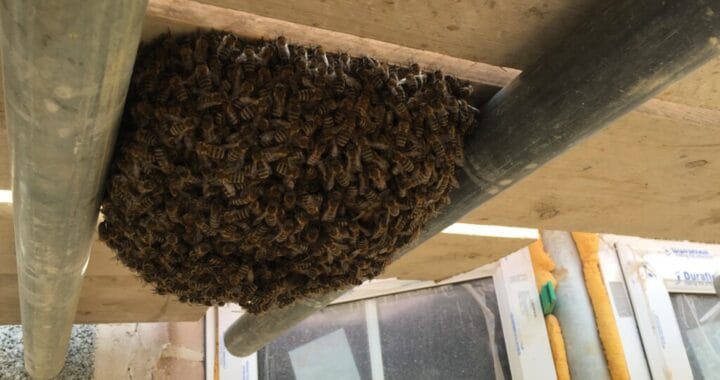I checked the walnut trees a week ago to see if the nuts were ready.
The tree still showed the green fruit intact with no signs of releasing its nut from the fruit.
I checked again yesterday, and within just one week, the tree had started to drop its fruit. The green fruit had split open, and some of the nuts were lying on the ground. Others were just about to fall.
I quickly gathered and picked all the nuts before an opportunist squirrel or mouse had the opportunity.
They are now all drying in the warmth of the utility room, to be eventually stored in our outside store, ready for eating at Christmas!

Walnut fruit 
A walnut tree shedding its seed, the walnut 
This year’s harvest of walnuts

